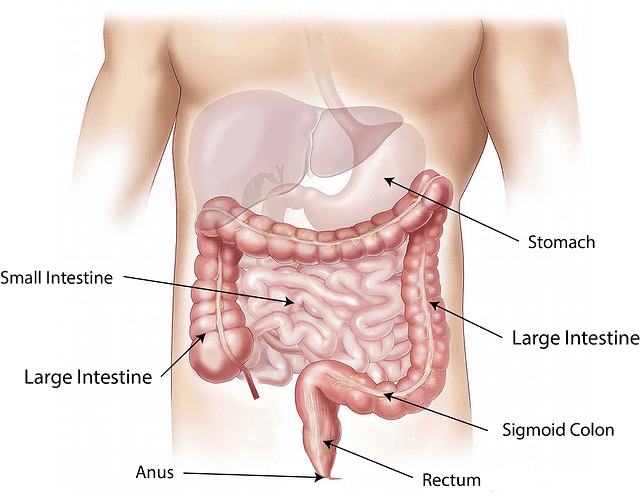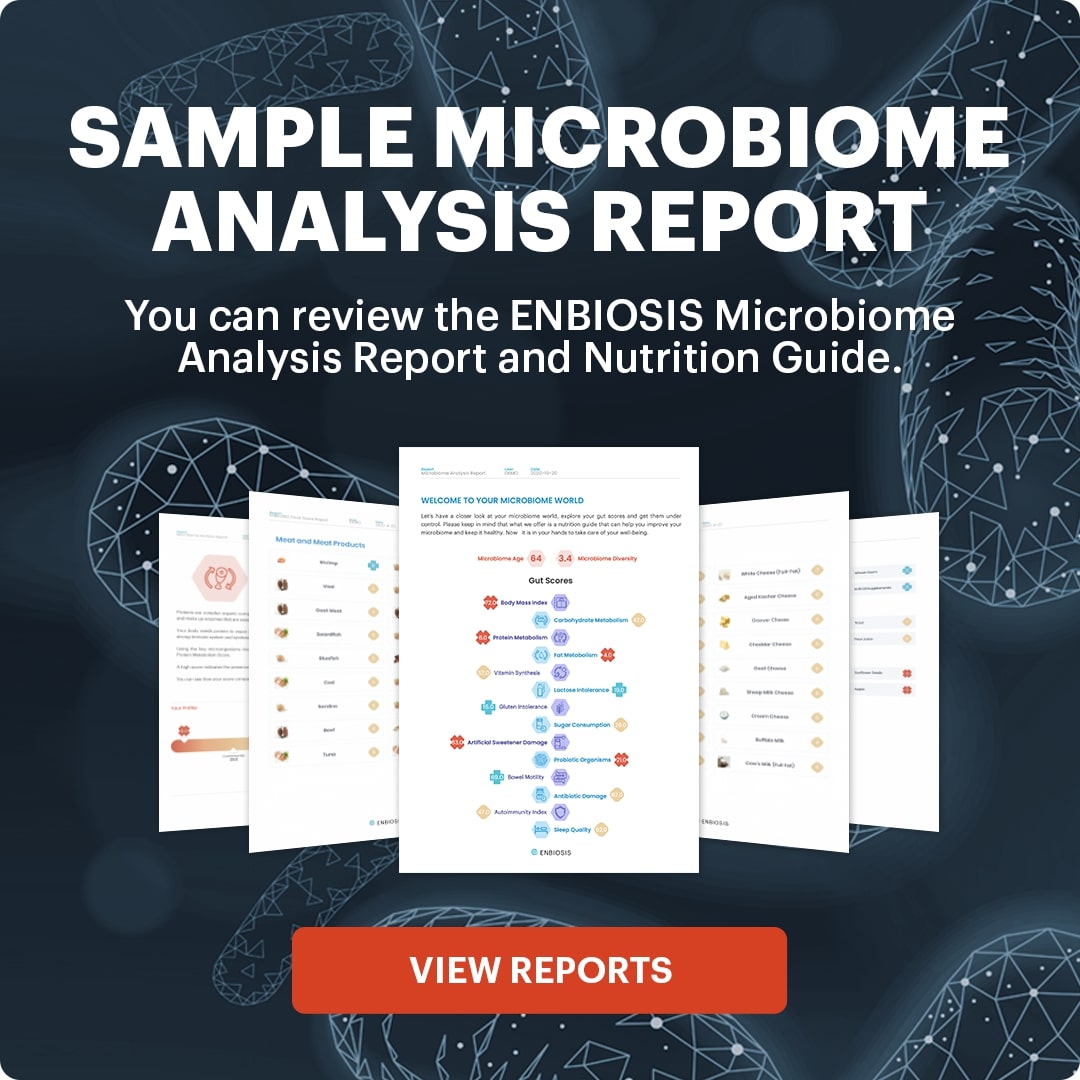Researchers have made great progress in understanding the links between our gut microbiome and digestion in recent years. Emerging evidence suggests that imbalances in our gut microbial ecosystem can contribute to a wide range of digestive disorders, including irritable bowel syndrome (IBS), inflammatory bowel disease (IBD), and even colorectal cancer. Join us as we consider this connection in more detail and look at ways in which we can improve our gut microbiome to help support healthy digestion. We can promote a balanced gut microbiome by considering simple lifestyle changes and dietary adjustments, potentially alleviating digestive discomfort and enhancing our well-being.
Table of Contents
How the Gut Microbiome Influences Digestion
Our gut microbiome influences every stage of digestion, from the moment food enters our mouths to when waste is expelled from the body. The complex community of microorganisms in our gut helps to break down food components that our bodies cannot digest, producing essential nutrients and metabolites in the process. It also plays a critical role in regulating gut motility and supporting the integrity of the gut lining. So, let’s take a look at how the gut microbiome impacts specific phases of the digestive process:

Regulating Hunger and Appetite
Firstly, the microbes within our gut can significantly impact our hunger and appetite by influencing intricate biochemical pathways. For example, these microorganisms produce short-chain fatty acids (SCFAs) such as butyrate, propionate, and acetate, which are involved in regulating our appetite. SCFAs influence the secretion of hormones such as peptide YY (PYY) and glucagon-like peptide-1 (GLP-1), which signal satiety to the brain. Moreover, gut bacteria like Bacteroidetes and Firmicutes have been shown to influence metabolic processes and energy extraction from food. In fact, an increased Firmicutes/Bacteroidetes ratio has been shown to be a reliable marker of obesity, while a decreased ratio is typically observed in cases of IBD.
The Journey Begins in the Mouth
The digestive process starts in our oral cavity, where salivary enzymes including amylase begin to break down carbohydrates. Our oral microbiome, which should contain a diverse range of bacterial species, initiates this process. Saliva also contains antimicrobial proteins that regulate the bacterial population in the mouth, ensuring a balanced microbiome. This balance is crucial, as disruptions in the oral microbiome can lead to conditions such as dental caries and periodontal disease, which can indirectly affect our digestion.
Moving Through the Digestive Tract
As food travels through our esophagus and into the stomach, it encounters a highly acidic environment that further breaks down nutrients and limits pathogen survival. Despite the harsh conditions, certain bacteria like Lactobacillus species thrive in the stomach, aiding in protein digestion and maintaining gut integrity. In the small intestine, the diversity of the gut microbiome increases, with numerous species facilitating nutrient absorption and immune modulation. Meanwhile, the large intestine harbors the most diverse and dense microbial population in the whole digestive tract. Microbes present here ferment indigestible fibers, producing SCFAs that nourish colon cells, regulate gut motility, and contribute to overall health.

Optimizing Your Gut Microbiome and Digestion
Maintaining a balanced gut microbiome is essential for helping to keep your digestive system in the best health possible. Firstly, diet plays a pivotal role in shaping your gut microbiome composition. A diet rich in fiber, probiotics, and prebiotics supports a diverse and healthy microbial community. Eating plenty of nutritious foods including fruits, vegetables, whole grains, and fermented products such as yogurt and kefir can enhance gut microbial diversity. Conversely, high-fat, and high-sugar diets can disrupt the gut microbiome balance, leading to dysbiosis and digestive issues. Secondly, regular physical activity and stress management can also contribute to a healthy gut microbiome.
Why is Gut Microbiome Testing Essential for Digestive Health?
While consuming healthy foods is vital, it is insufficient if these choices are not tailored to your individual microbiome. Gut microbiome testing provides insights into the specific composition of your gut bacteria, allowing for targeted nutritional and therapeutic interventions. By understanding which bacterial populations to increase or decrease, healthcare professionals can develop personalized strategies to optimize your digestion.
Our recent research has highlighted the effectiveness of using microbiome testing and personalized approaches to treat various digestive disorders. Specifically, our multicenter randomized controlled trial demonstrated significant symptom relief and improved quality of life for patients with IBS following an AI-assisted personalized diet plan. Likewise, our clinical study showed marked improvements in bowel regularity and overall digestive function in patients with functional constipation when they followed an individualized diet based on AI-assisted microbiome analysis.

Get Your Gut Microbiome Tested with ENBIOSIS
At ENBIOSIS, we offer comprehensive AI-powered gut microbiome testing services that can help to solve your digestive health problems. Based on your gut microbiome analysis results, we will provide you with a detailed microbiome report. This report includes wellness scores, disease risk predispositions, and personalized food and supplement recommendations. Our AI algorithms deliver personalized health recommendations which are based on your unique microbiome structure. This information allows us to offer tailored diet and supplement plans to improve your gut health.
Understanding and optimizing your gut microbiome is the first crucial step towards achieving better digestive health. So, contact us today to find out more.


